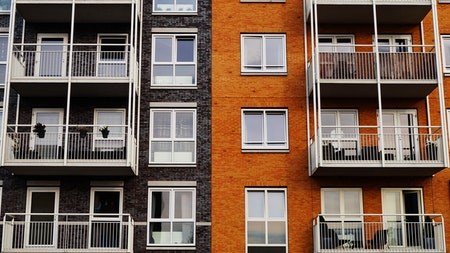Most tenants rely on getting their rental deposits back when moving so that they can put the money towards a deposit on their next home. If your landlord withholds part or all of your deposit when you move out of a rented property, this can cause severe stress. It may even result in you being unable to sign a new lease agreement.
Fortunately, the rules on refunding rental deposits are clearly set out in the Rental Housing Act (50 of 1999) (RHA) (https://www.gov.za/documents/rental-housing-act). Specifically, the RHA stipulates that:
Landlords must invest tenant deposits in an interest-bearing account for the duration of the lease. At the end of the lease, the landlord must pay over to the tenant all the interest earned in addition to the original deposit, after any deductions for damages.
The rental deposit must be refunded within seven days of the final inspection if no repairs are needed, or within 14 days of repairs being completed.
Be proactive
Landlords are only entitled to deduct the “reasonable cost” of repairing damage to the property caused during the lease period, as well as the cost of replacing any lost keys. The only way of judging whether the property has been damaged during the lease period is to compare the condition of the property at the start of the lease to that at the end of the lease period.
According to the RHA, a landlord - or the landlord’s rental agent - who doesn’t conduct a pre-occupation joint inspection with the new tenant, loses the right to claim against the tenants’ deposit when they move out.
The act also stipulates that the tenants and landlord have to do a joint inspection of the property before the lease expires. Should the landlord or managing agent fail to do so, they will not be able to claim against the tenants’ deposit.
However, to ensure the return of your deposit, you need to be proactive.
Complete an entry inspection report when first occupying a rented property, even if your landlord or an agent doesn’t accompany you. Note all defects, sign each page, and ensure the report is also signed by the landlord or rental agent.
On leaving the premises, complete an exit report which can be compared to the initial report to evaluate whether any blemishes were already in place at the start of the lease.
Be sure to document flaws in both inspections with photos and make sure that they, together with a copy of the entry inspection report, are stored safely throughout your stay.
Deductions
At the end of the lease period, the landlord is entitled to deduct from the accrued interest and deposit to effect any repairs you may be liable for.
Keep in mind that tenants may not be held liable for damages that are considered ‘fair wear and tear’.
You may request that the landlord provide proof of the interest earned on the deposit as well as a receipt for all payments made to defray repair expenses.
Because deductions may only be made for damage caused by you during the lease period, your best safeguard is to ensure that you take good care of the rental property. If you do accidentally cause any damage, it’s usually best to repair this yourself as soon as possible.
Above all, it is essential that landlords, tenants, and rental agents read through lease agreements carefully before signing, and familiarise themselves with the legalities around rental deposits to avoid potential conflict.




